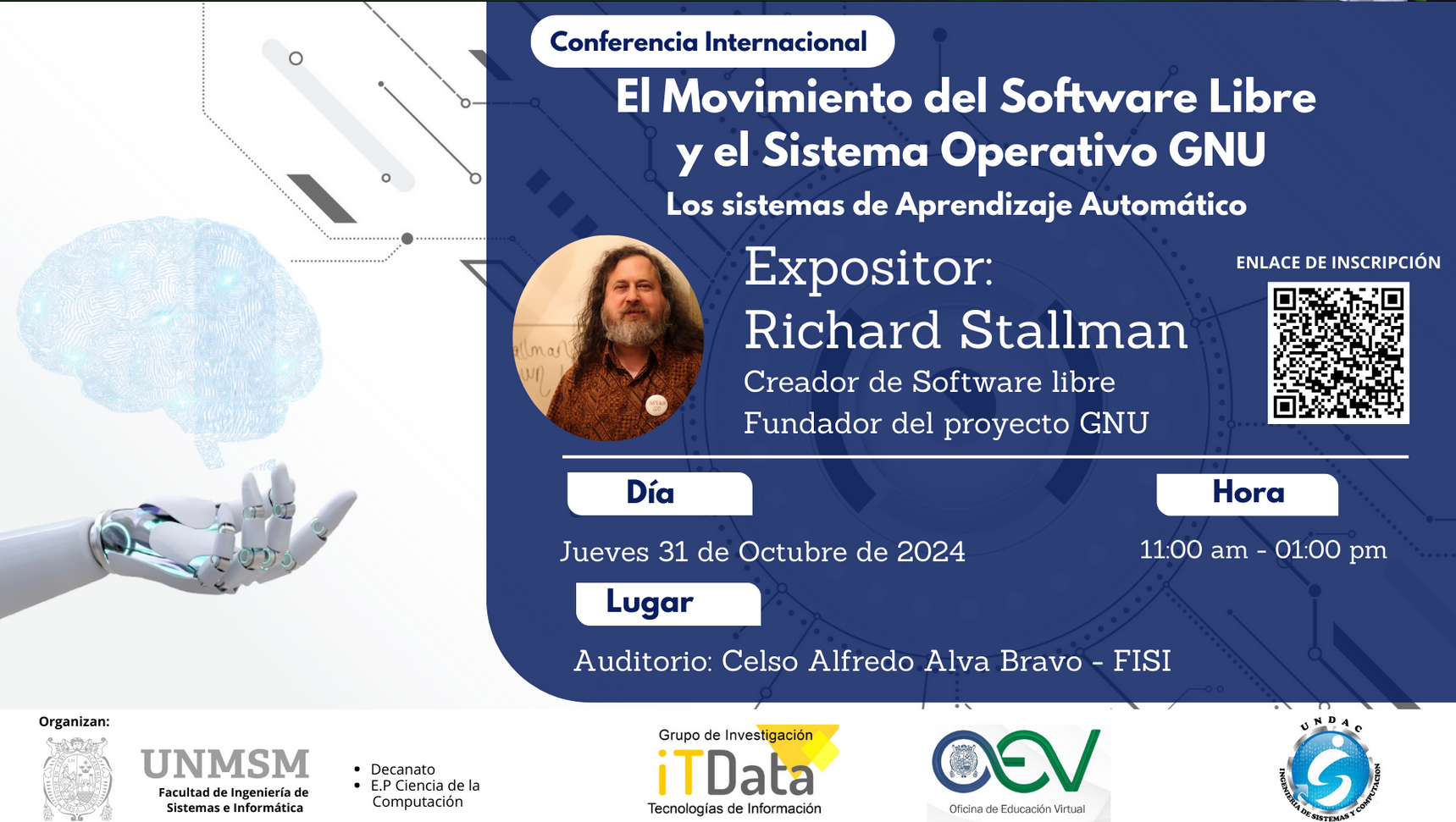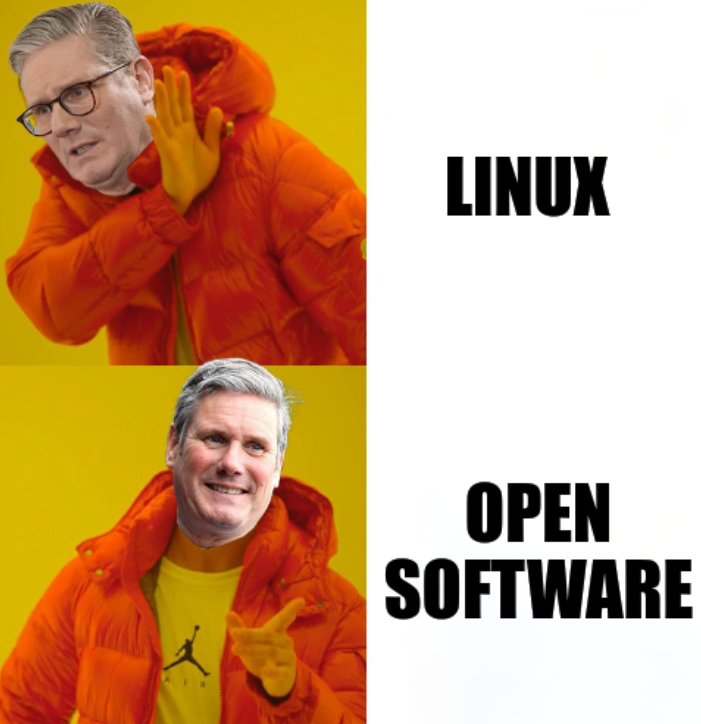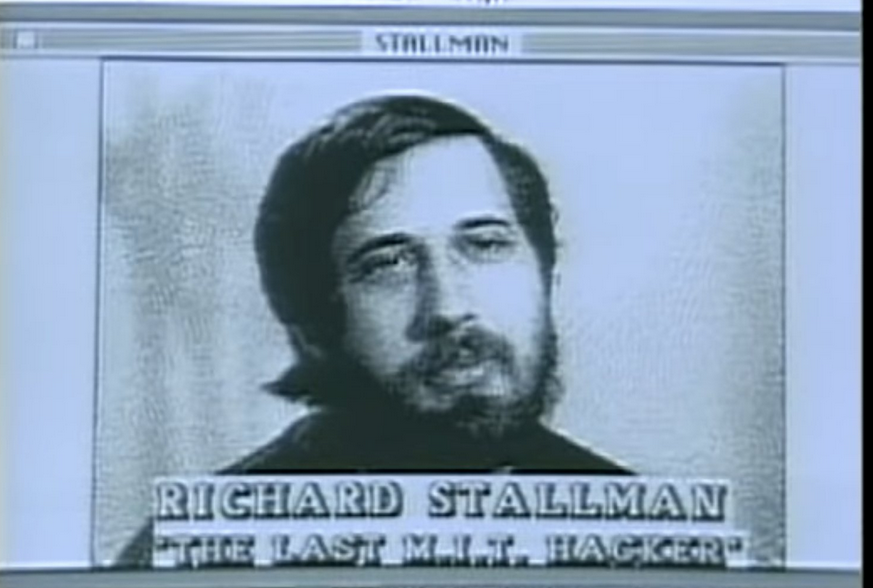GNU/Linux Started as Platform About Liberation, Freedom, Autonomy; Linux Foundation Tries to Redefine It as "Open Software" and Pretend It Started in the 90s
Linux Foundation is the new Outercurve (Microsoft), an infiltrated and undermined institution (they try to do the same to the FSF)
THIS past weekend we published a couple of short articles about the Linux Foundation (Gemini Protocol [1, 2]; HTTP/S [1, 2]). One person said that "both excellent [were] starts and would make good long form articles," so why not have a go at it right now? It's 1AM here in Manchester (clock moved back) and on the 'new' laptop we've just had daily backups restored (external drive), so all tasks are done.
So first of all, what is the Linux Foundation? Well, the Linux Foundation, despite its name, is a front group for companies like IBM and Microsoft. The Linux Foundation isn't so interested in Linux; only a tiny portion of its budget (about 3%) is devoted to Linux.
Recently we saw that, having already outsourced a lot of work to a proprietary platform of Microsoft (GitHub), the Linux Foundation also moved further away from "Open Source" and now speaks of "Open Software", which isn't strictly defined ("open-source" with a dash risks running afoul of trademark rules).
Where did it all start?
Well, "modern" - by some criteria - computers (with transistors and all) go back almost to WWII. Back then only the privileged few had a computer and the capacity/infrastructure to run them. Advanced "human skills" were needed on top of all that.
Code or code listings (physical) were naturally shared like a cooking recipe; it's not like many were actually executing the code anyway. Then copyright was extended to cover code and some companies decided to try to limit the sharing of programs. Many programs became secret and, even if someone somehow managed to break the secret, copyright law would introduce a legal disk. This meant that the future of computing could be very dark indeed; only few would be in control of computer programs. GNU was basically a response to that and by 1985 there was an organisation (FSF) and licence (GPL) to help keep code in circulation, primarily for a UNIX-like system. That was way before Windows was becoming a 'thing'. These were - for most people - the "DOS days".
Fast-forward to the 90s and the mainstream media would rewrite history, would pretend GNU didn't exist (or matter), and would - by the late 90s - call the whole thing "Linux" (that already started happening in the mid 90s). OSDL, a sort of precursor or predecessor of "Linux Foundation", was formed years later by companies such as Intel. It would adopt the phony brand "Open Source" (like OSDL and predating the OSI, 1998) to distract from the message of freedom, sharing etc.
And here we are now. Linux Foundation does not promote Linux (it actively promotes some of the competition of Linux and sells lies), it lets the brand rot (Linux.com is an utter joke, "Linux Foundation" became abbreviated as just "LF", the brand gets hijacked too), the code is being outsourced to Microsoft, and gradually they don't speak of "Open Source", all they do is openwashing (no wonder; look who runs the show).
The "LF" is just another Outercurve.
Lets get back to the roots. █




